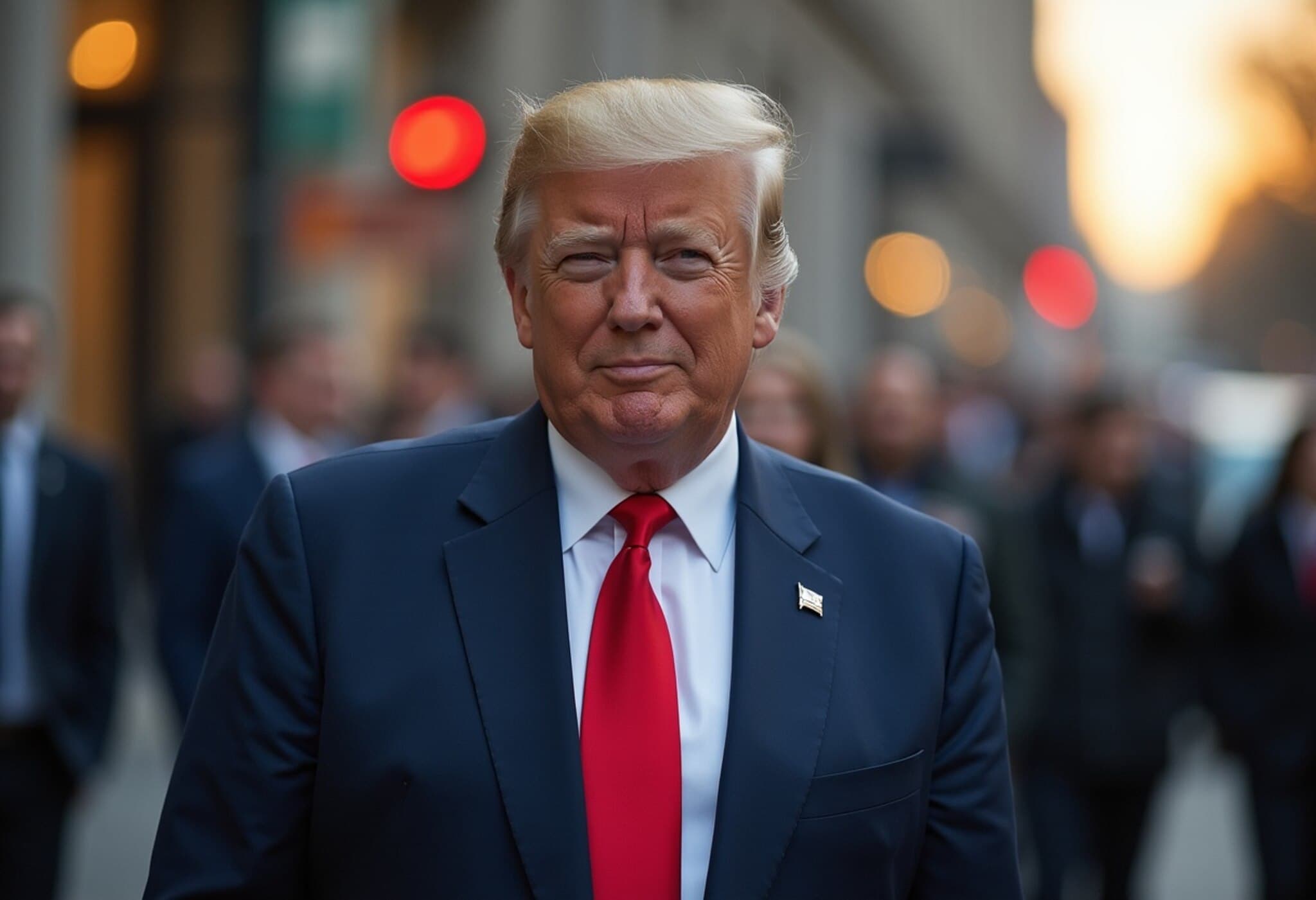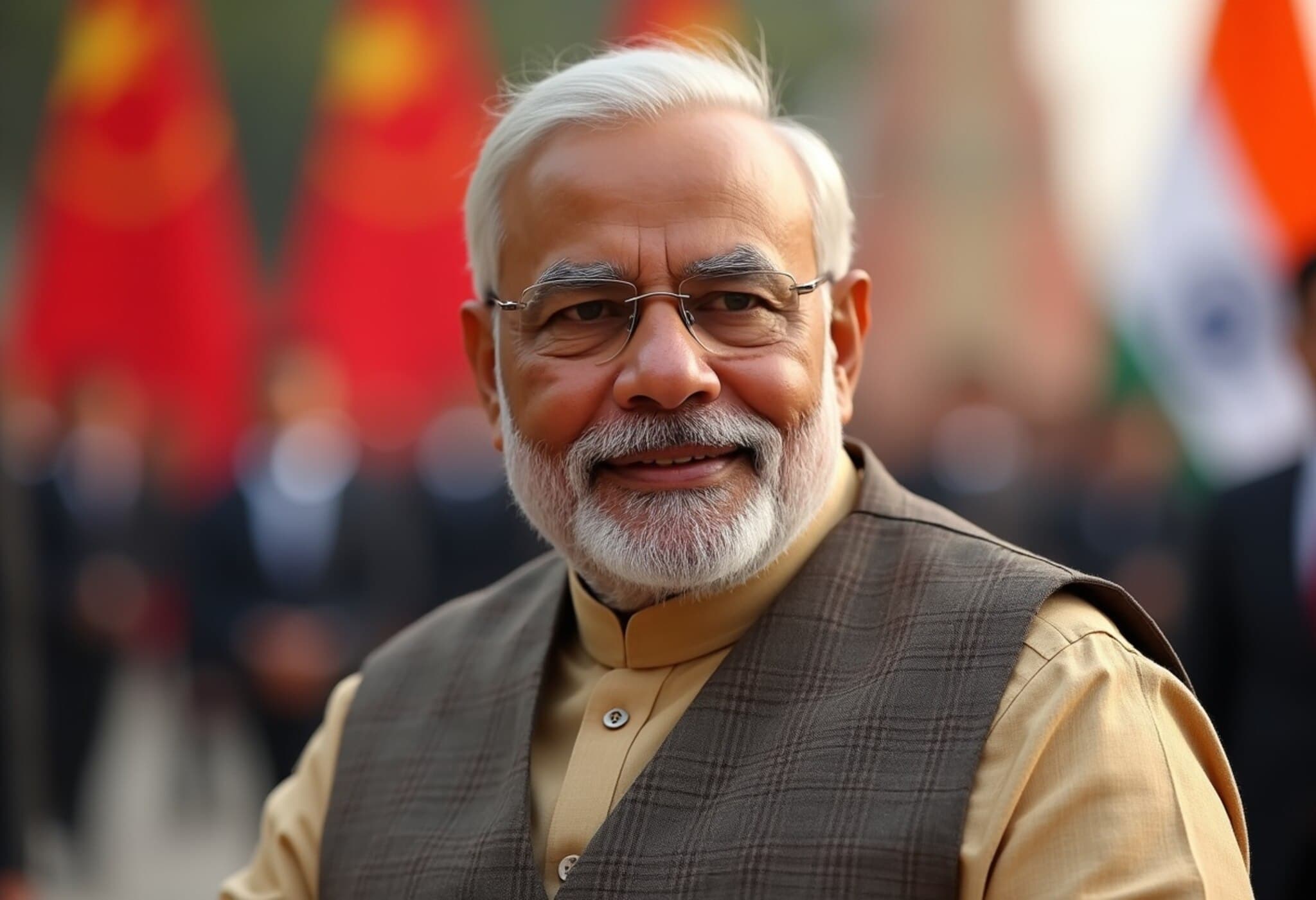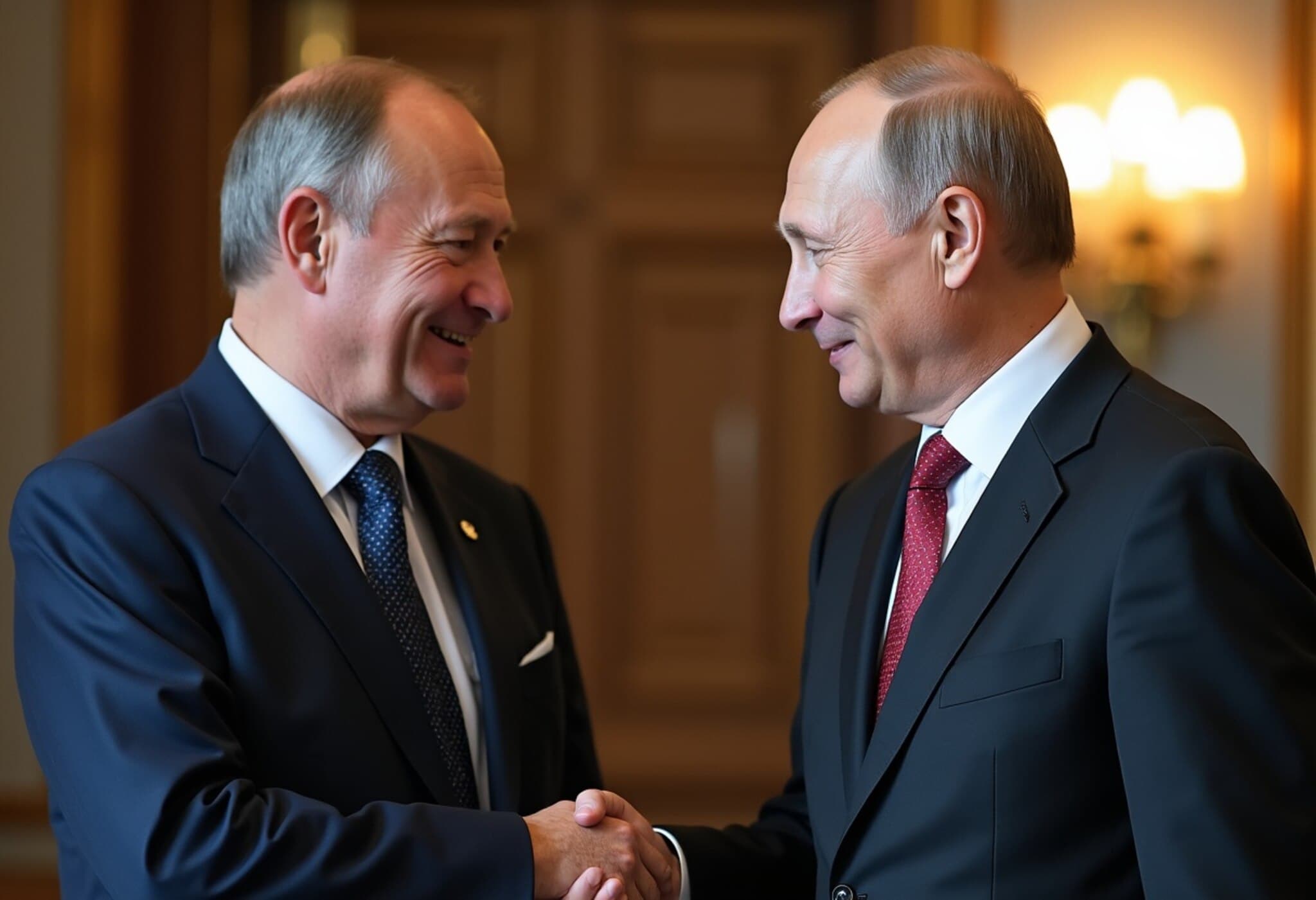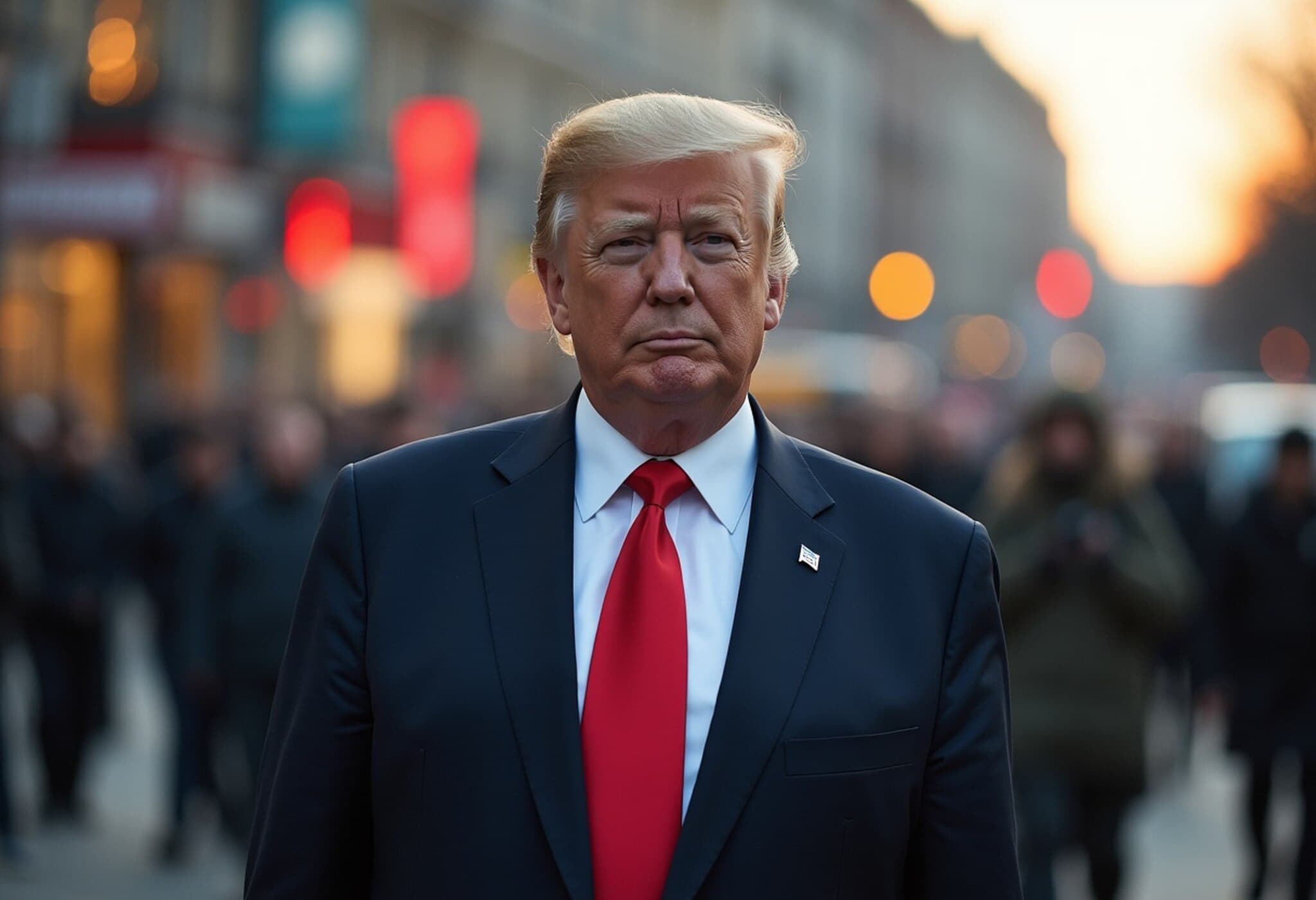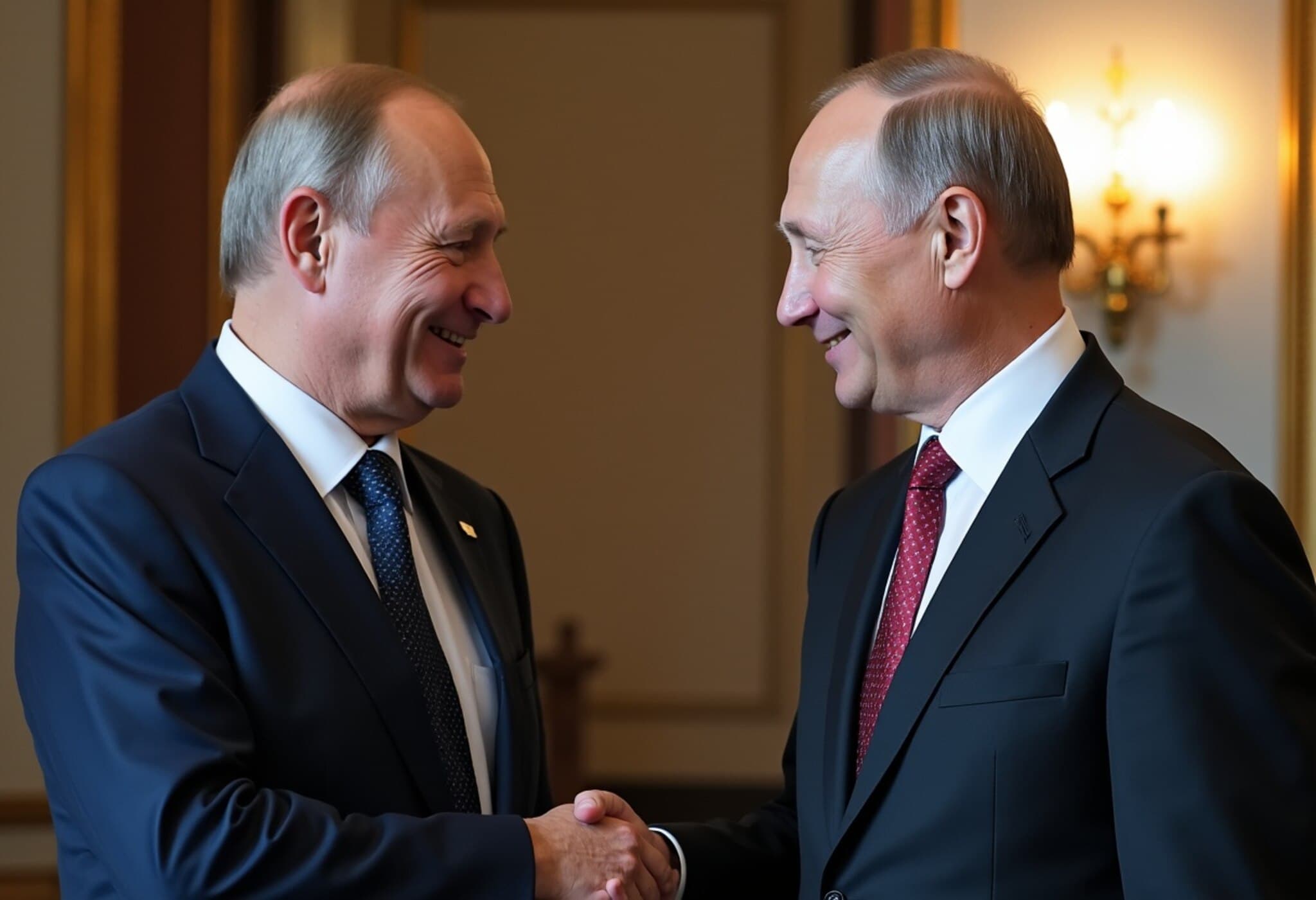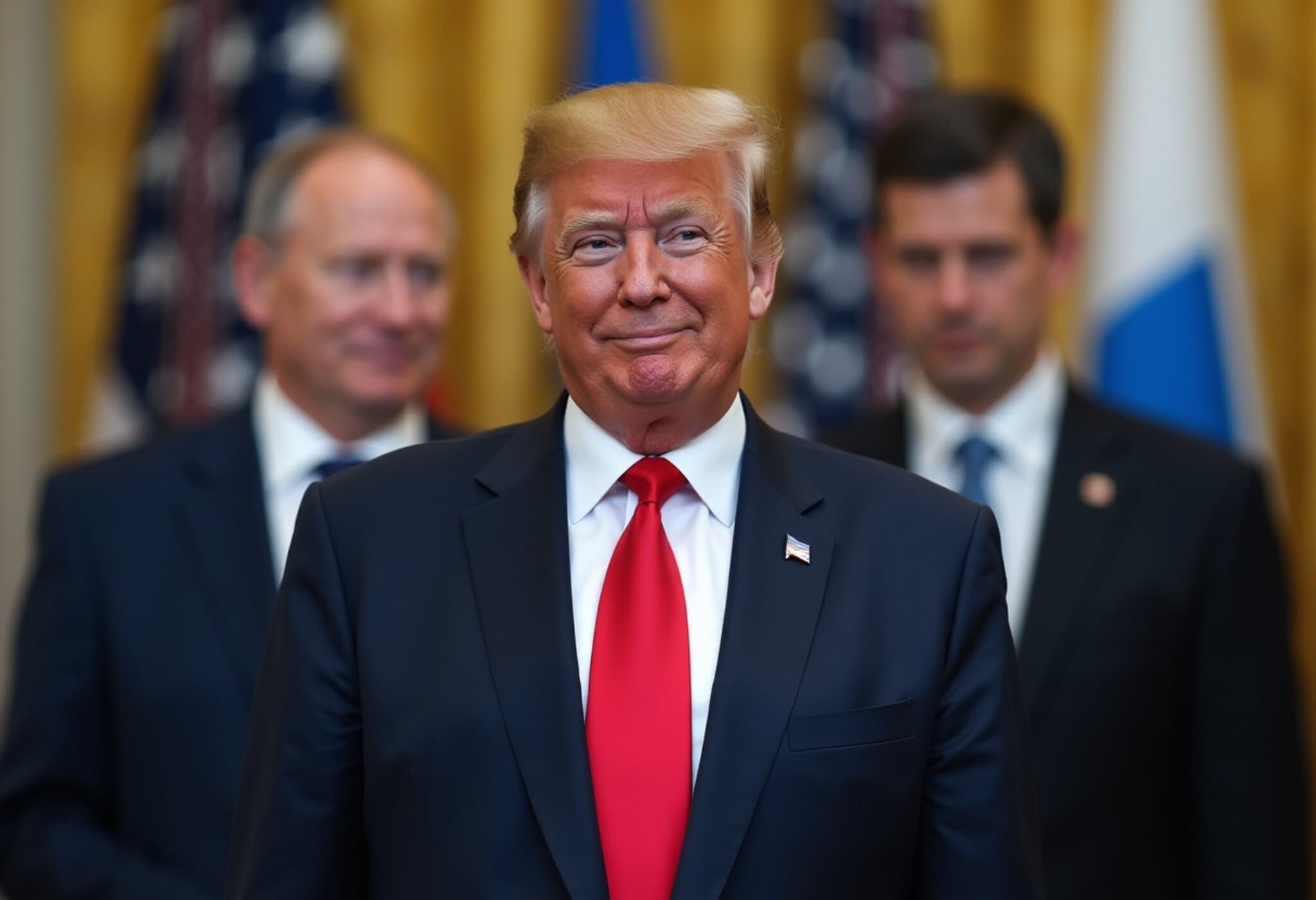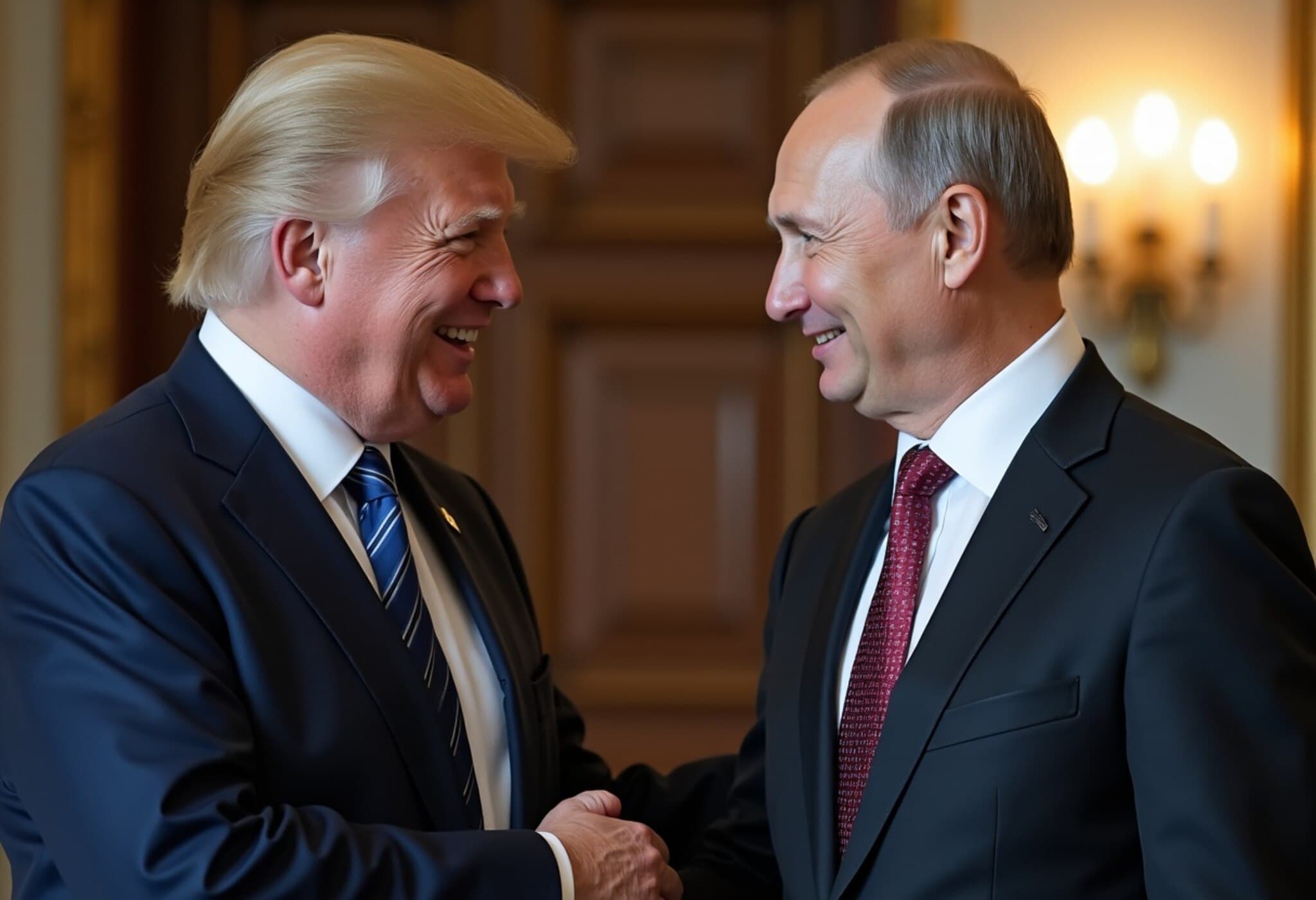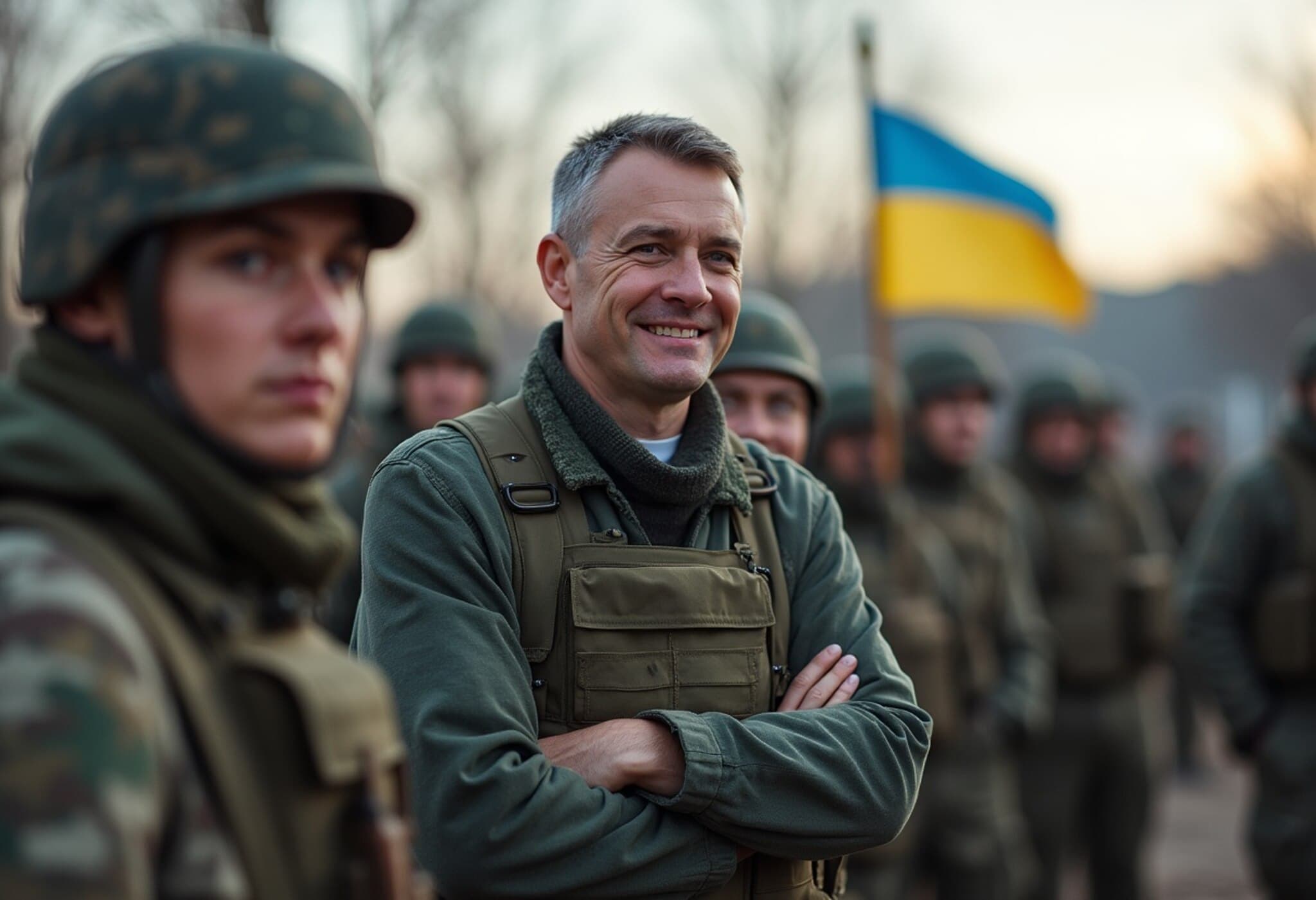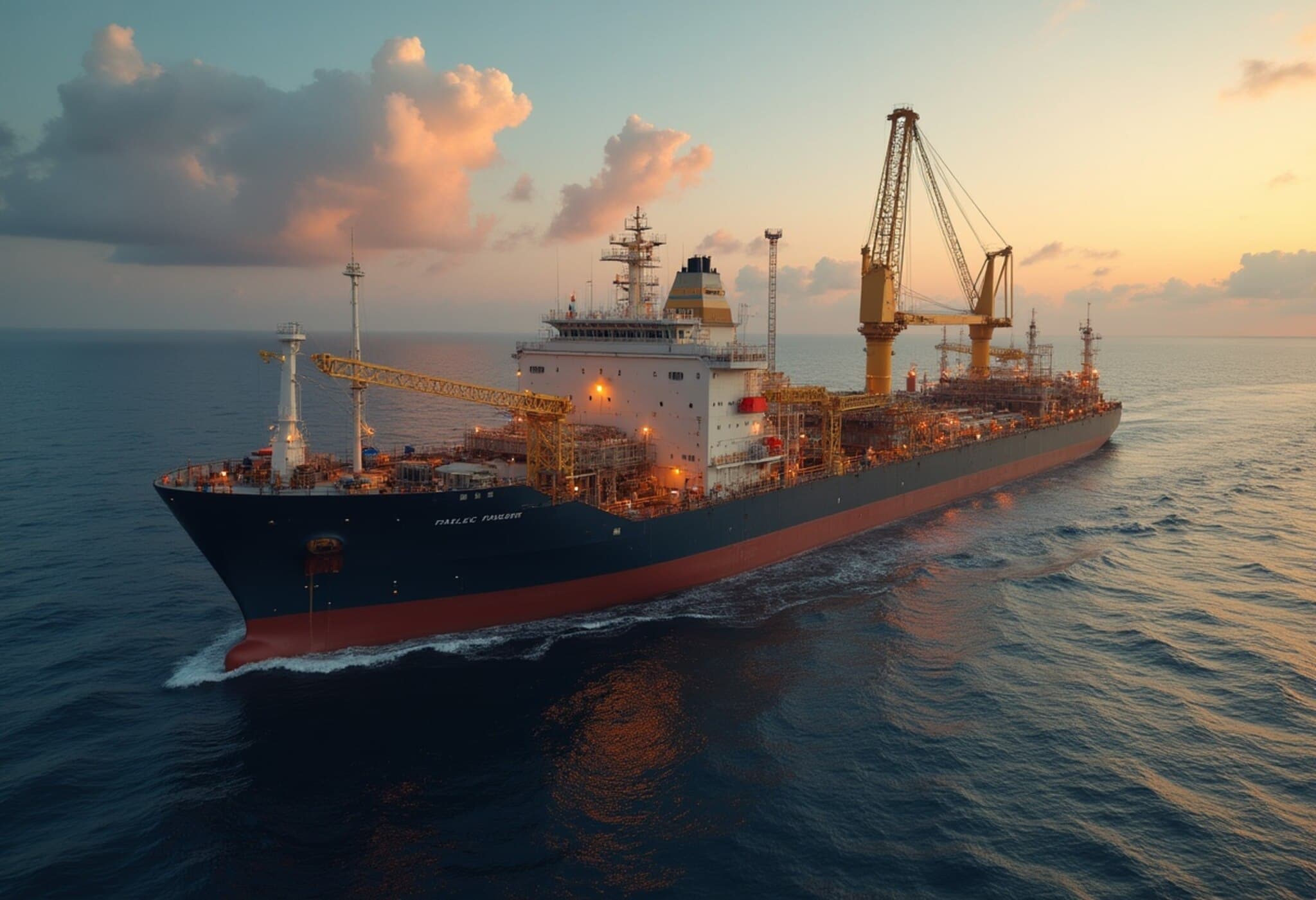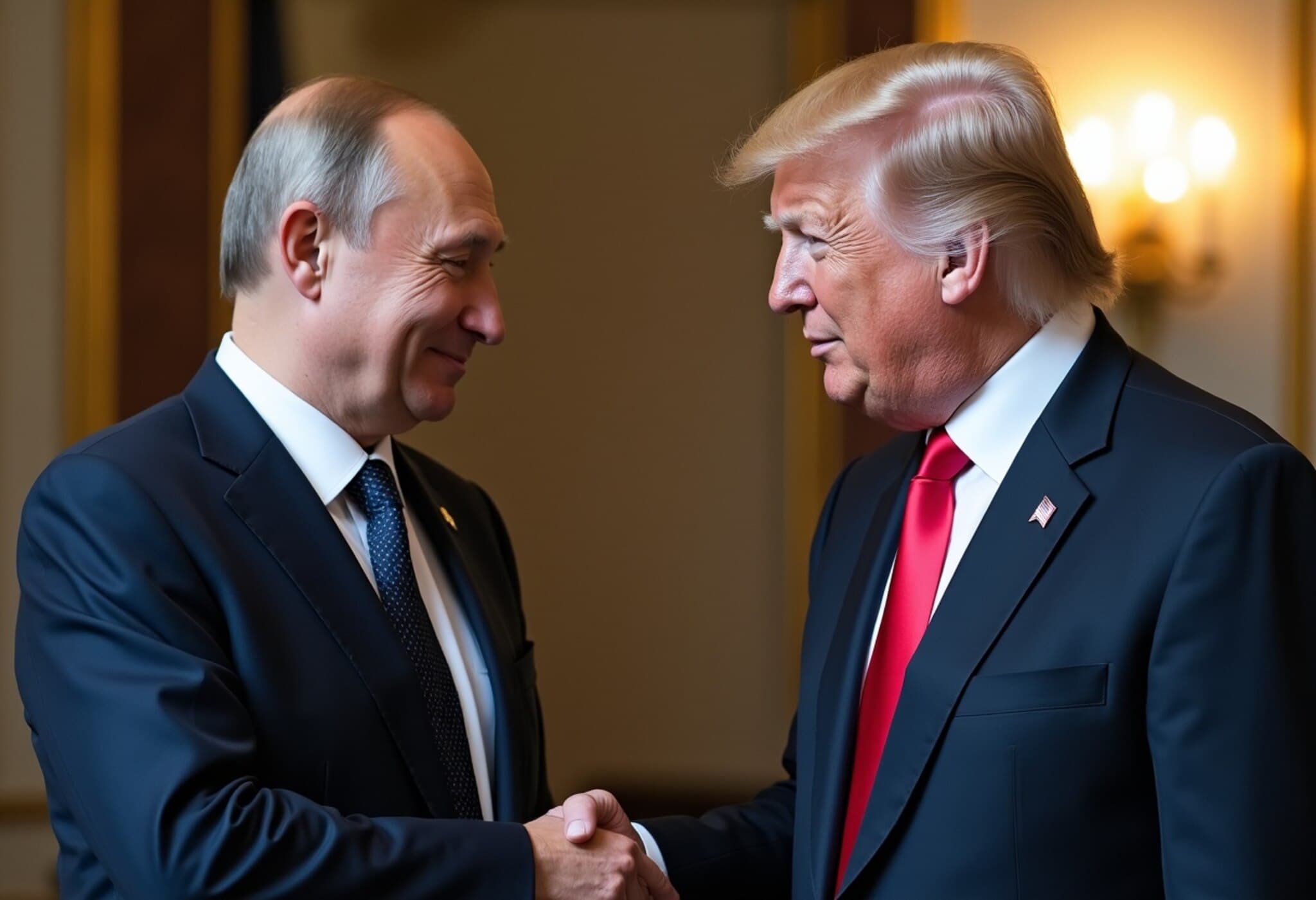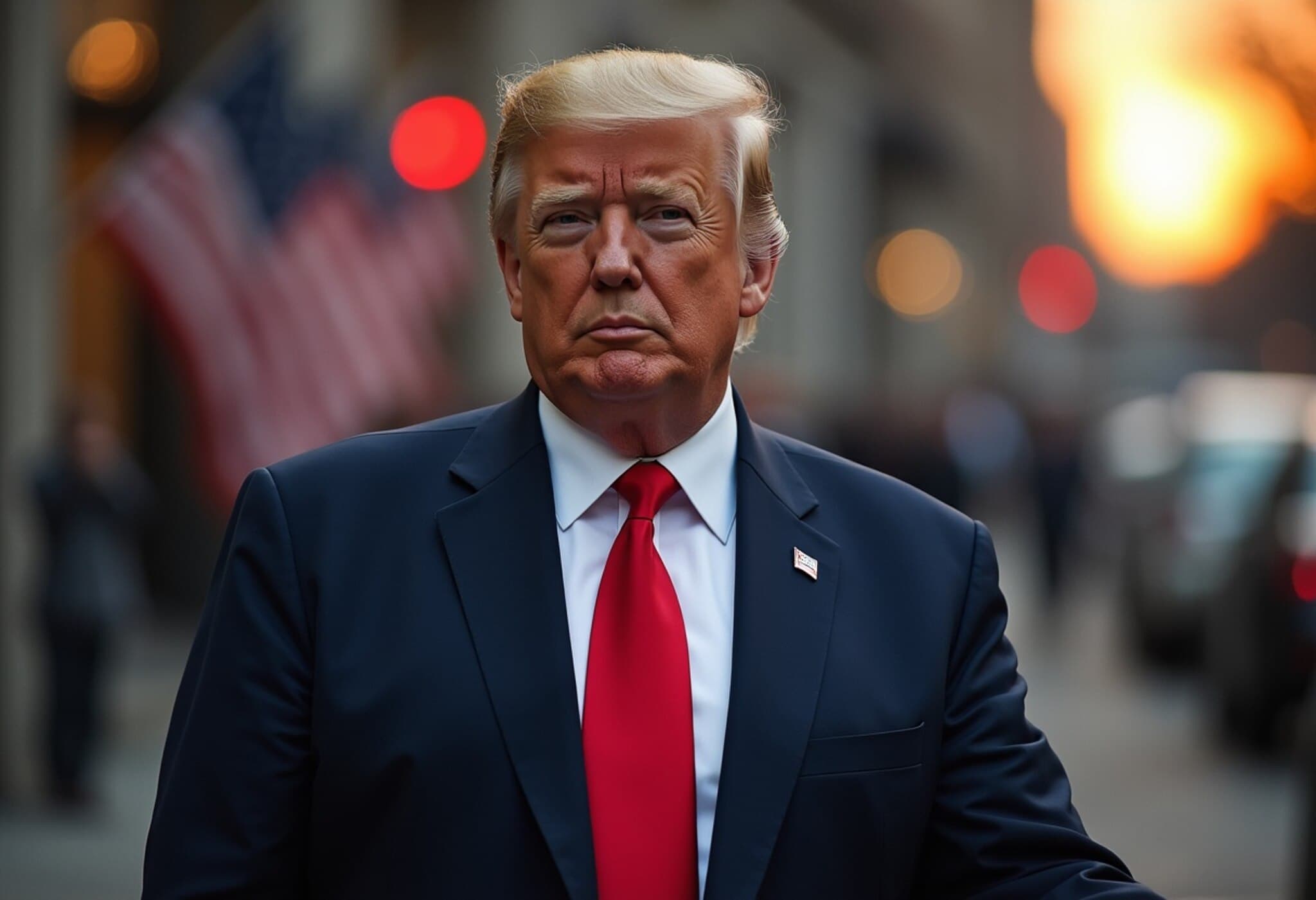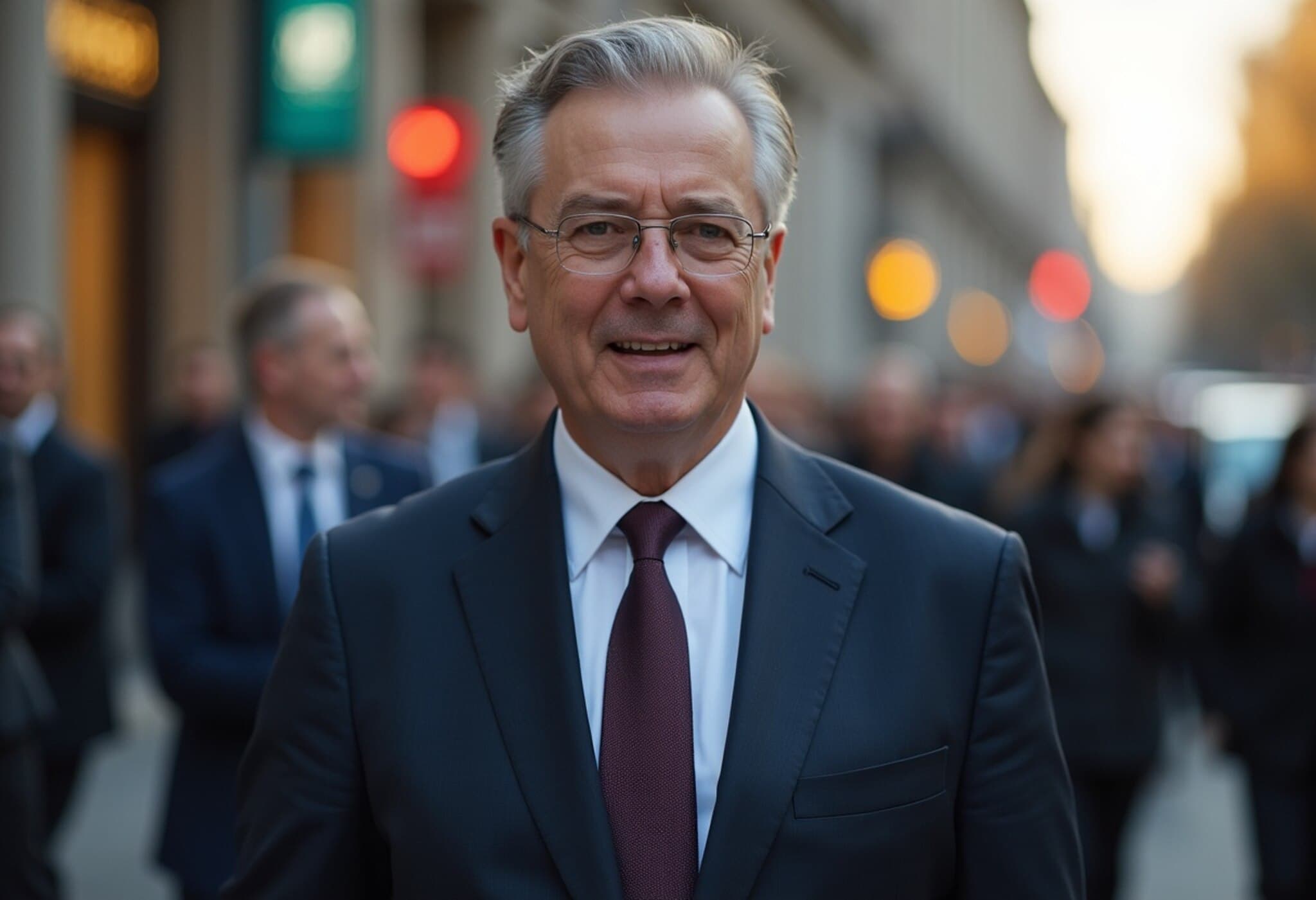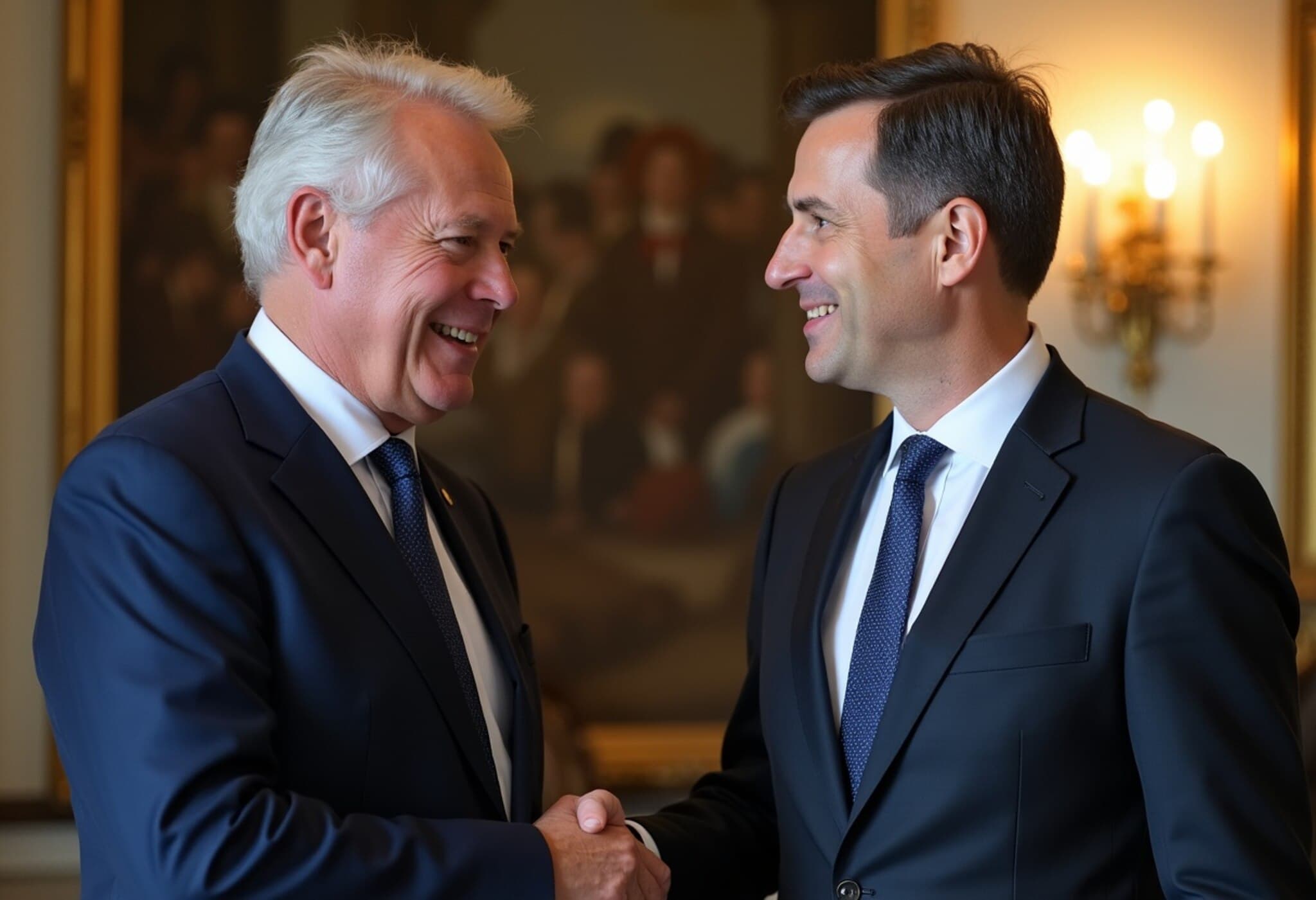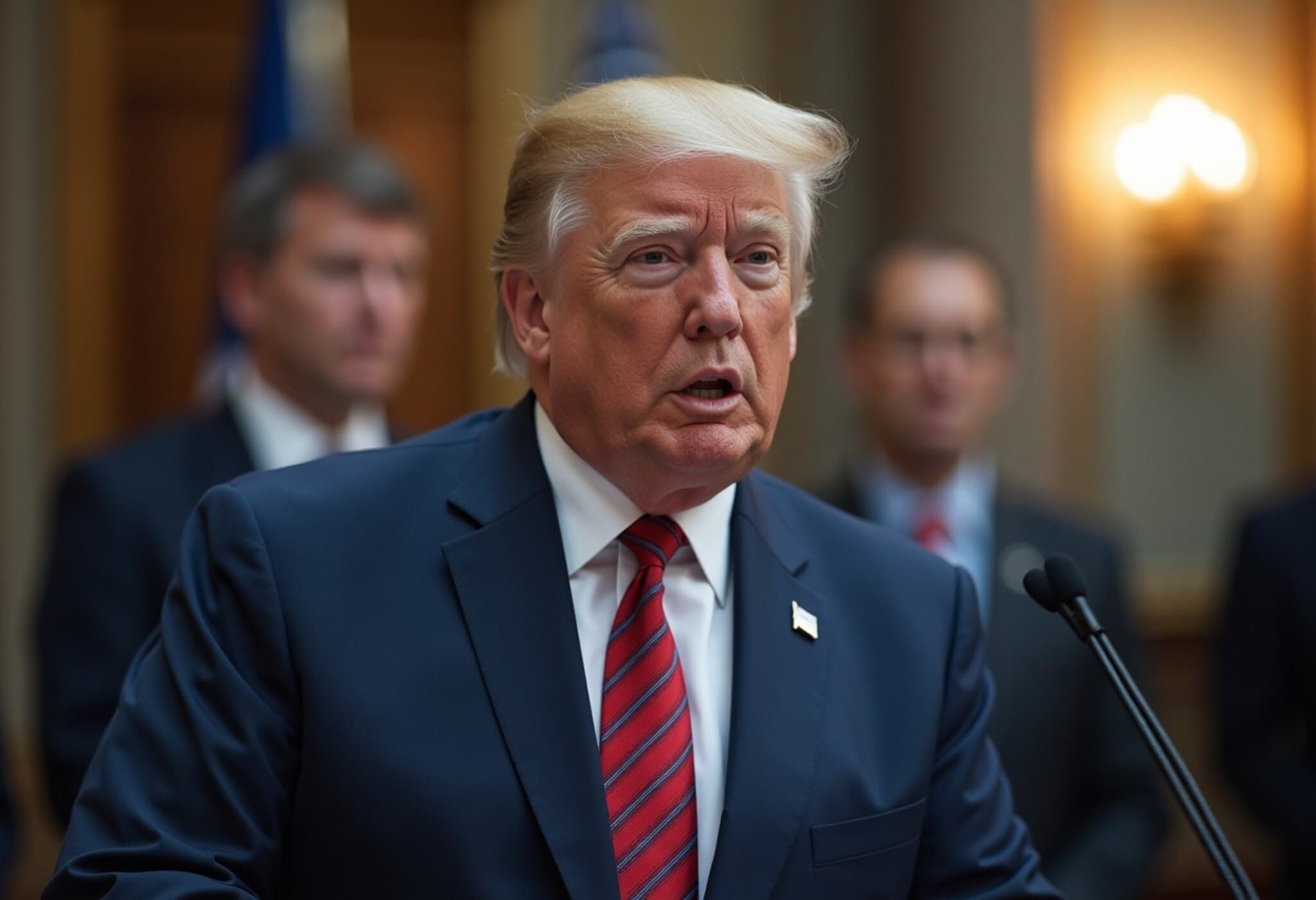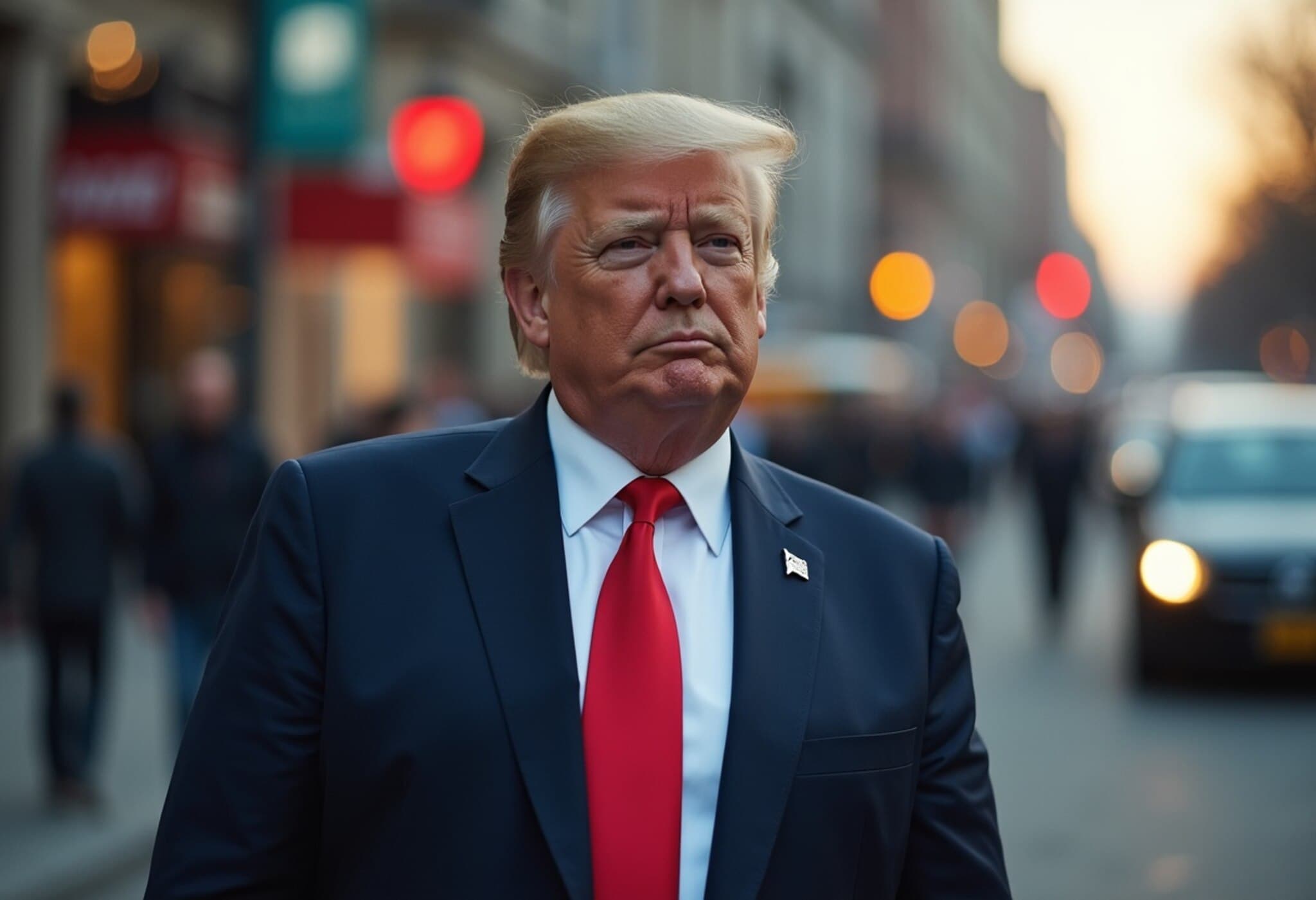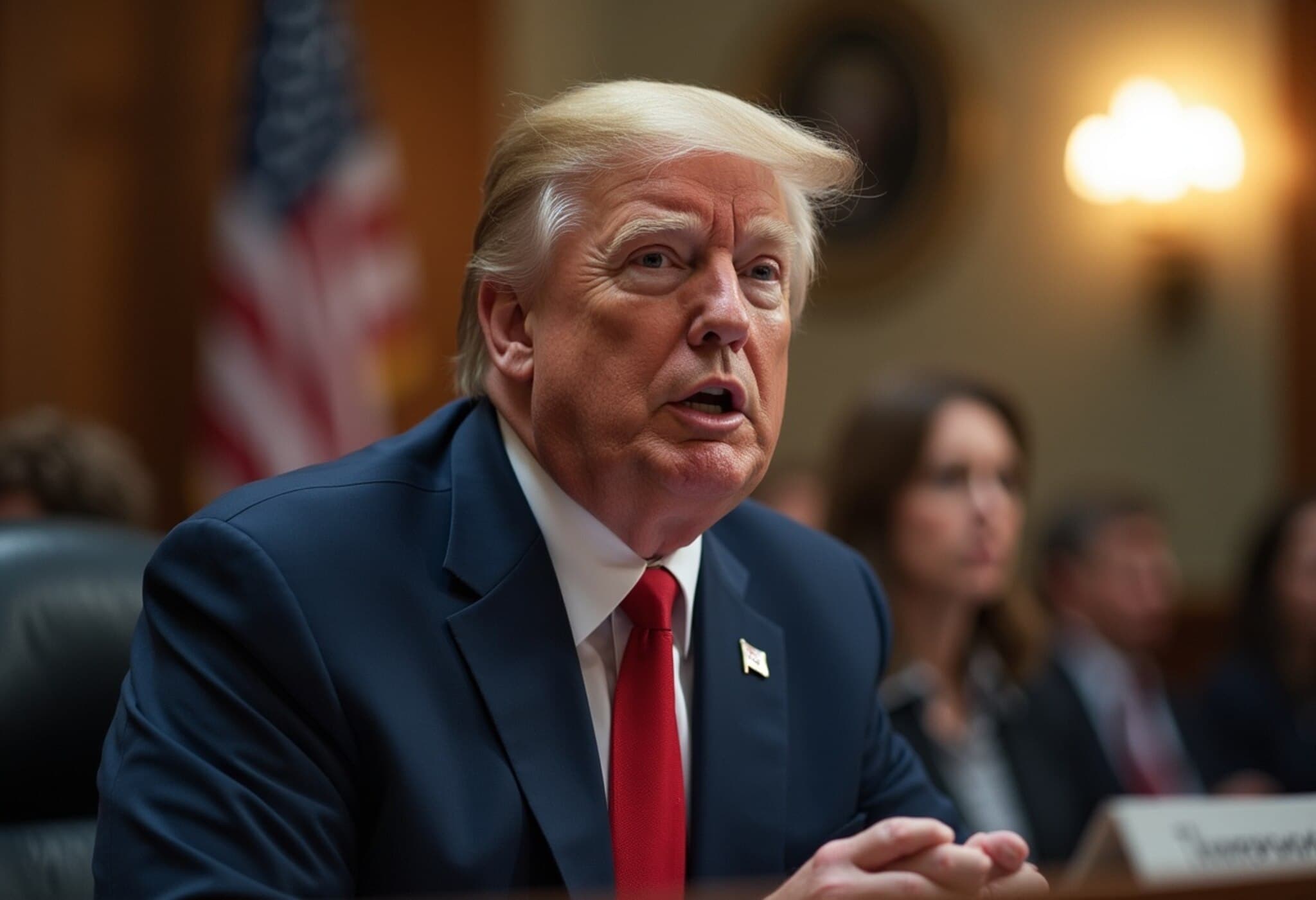High-Stakes Diplomacy: Zelenskyy and Trump Connect After Moscow Discussions
In a significant diplomatic development on August 7, 2025, Ukrainian President Volodymyr Zelenskyy confirmed that he held a phone conversation with former U.S. President Donald Trump shortly after Trump’s special envoy, Steve Witkoff, wrapped up talks with Russian officials in Moscow. This exchange, involving European leaders as well, signals renewed momentum toward de-escalating the brutal conflict in Ukraine amid looming new sanctions against Russia.
Details of the Call and Diplomatic Context
Taking to social media, Zelenskyy expressed gratitude for the collective support from his European counterparts during the call. “I spoke with President Trump. This conversation happened after President Trump’s representative, Steve Witkoff, visited Moscow. European leaders were on the call, and I am grateful to each of them for their support,” he posted, though he did not specify which leaders participated.
Witkoff’s mission in Moscow was ostensibly focused on pushing Russia toward a ceasefire agreement. In his nightly address, Zelenskyy conveyed a cautiously hopeful tone, suggesting that Moscow might be softening its stance. “It seems that Russia is now more inclined to a ceasefire. The pressure on them works. But the main thing is that they do not deceive us in the details - neither us nor the US,” Zelenskyy emphasized, reflecting deep skepticism borne from previous failed negotiations.
Trump’s Perspective: 'Great Progress' and Sanctions Pressure
For his part, Donald Trump publicly described Witkoff’s meeting with Russian President Vladimir Putin as yielding “great progress.” On the social platform Truth Social, Trump revealed he had briefed several European allies, reiterating that “everyone agrees this war must come to a close, and we will work towards that in the days and weeks to come.”
Yet behind the optimistic rhetoric lies a ticking clock. Trump reportedly set a firm deadline for Friday to witness tangible movement from Moscow on peace talks or face an intensified round of sanctions. This positions the talks against the backdrop of ongoing U.S. preparations to impose secondary sanctions targeting Moscow's financial and industrial sectors.
The Kremlin’s Calculus and U.S. Sanctions Strategy
Despite diplomatic signals, Kremlin adviser Yuri Ushakov suggested that exchanges between the U.S. envoy and Russia reflect a cautious dialogue about the future of bilateral relations, including the Ukraine war and broader strategic cooperation. Nevertheless, sources close to Moscow express skepticism about Putin’s willingness to accede to Western demands under sanctions threat.
Meanwhile, U.S. Secretary of State Mark Rubio conveyed guarded optimism about a sanctions decision expected imminently. The stakes are high: the sanctions could further isolate Russia economically and push Moscow to reconsider its military strategy, but risks remain that such pressure may harden Putin’s resolve.
Expert Insight: The Fragility of Ceasefire Prospects
From a policy perspective, this phone call underscores the complex interplay between direct diplomacy and economic coercion in conflict resolution. While the contact between Zelenskyy and Trump—alongside European leaders—reflects a multilateral approach, the real challenge lies in translating diplomatic gestures into substantive peace.
Analysts note that the involvement of a former U.S. president as an intermediary is unusual but highlights non-traditional diplomacy’s growing role amid stalemates. Equally, the looming sanctions deadline imposes a critical test: will economic pain compel Moscow to peace, or provoke entrenchment?
Looking Ahead: What Should Readers Watch?
- The outcome of the sanctions decision expected post-Wednesday and their impact on Russia's negotiation posture.
- The response from Moscow following the Witkoff visit—whether Russia offers concrete steps toward ceasefire or maintains its current strategy.
- The degree of coordination among the U.S., European allies, and Ukraine in sustaining pressure while seeking dialogue.
Editor’s Note
This development marks a critical juncture in the Ukraine conflict’s diplomatic saga. The involvement of high-profile actors like Trump and Witkoff, coupled with European leadership in the dialogue, demonstrates an intensified push to close one of the world’s most volatile wars. Yet, history teaches caution: ceasefire promises frequently falter on the ground. As sanctions loom, the international community watches closely, balancing hope for peace against the harsh realities of geopolitics.
For readers, it’s essential to remain informed not just about headline diplomacy but the nuanced signals beneath—the shifting alliances, economic levers, and strategic calculations shaping potential pathways to peace.

